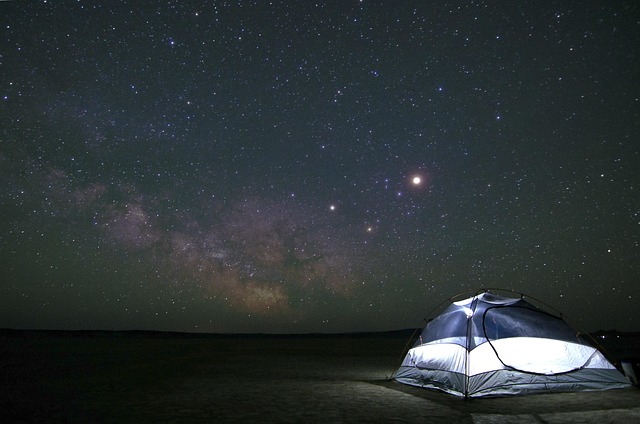Primitive camping immerses individuals in nature, eschewing modern comforts for rustic charm and self-sufficiency. It involves navigating untamed landscapes, constructing shelters, foraging for food, and appreciating natural beauty. Essential gear includes minimalist, multipurpose items, while ideal spots offer secluded beauty and natural features. By disconnecting from technology and engaging senses, campers foster mindfulness and a profound connection with the outdoors.
Experience the allure of primitive camping and immerse yourself in nature’s embrace. This guide explores the rustic art of connecting with the wilderness, from understanding essential skills to selecting the ideal secluded site. Learn about gear choices, building shelter using natural resources, and foraging for food over an open fire. Discover tips for a mindful journey, allowing you to fully appreciate the beauty of untouched landscapes. Uncover the joy of primitive camping—a true escape from modern life.
- Understanding Primitive Camping: The Rustic Art
- Gear Up: Essential Items for a Basic Camp
- Site Selection: Choosing the Perfect Wilderness
- Building Shelter: From Tents to Natural Abodes
- Foraging for Food: Cooking Over an Open Fire
- Immerse in Nature: Tips for a Mindful Experience
Understanding Primitive Camping: The Rustic Art
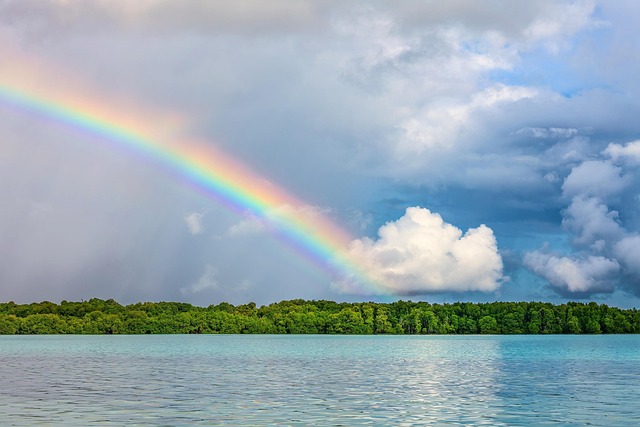
Primitive camping is more than just setting up a tent in nature; it’s an art form that embraces the rustic lifestyle. This ancient practice invites adventurers to reconnect with their surroundings, fostering a profound sense of closeness to the earth. By shedding modern conveniences, primitive campers delve into a world where every sunrise and sunset holds its own magic.
The allure lies in simplicity—a return to basic needs. It’s about navigating through uncharted territories, discovering hidden gems, and embracing the raw beauty that surrounds us. Whether it’s building a fire for warmth and cooking or setting up shelter using natural materials, primitive camping teaches resilience and appreciation for nature’s wonders.
Gear Up: Essential Items for a Basic Camp
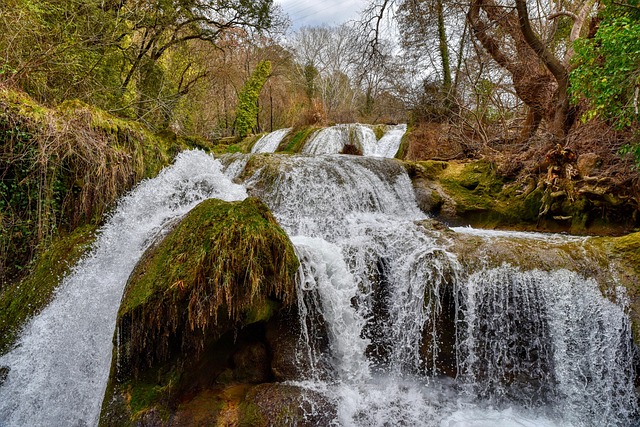
When gearing up for a primitive camping trip, focus on the essentials that blend functionality with minimalism. Leave the high-tech gadgets behind and opt for timeless tools designed to withstand nature’s tests. A sturdy tent capable of shielding you from elements, a reliable sleeping bag suitable for expected temperatures, and a versatile cooking set that supports meals over an open fire are non-negotiable.
Don’t forget the fundamentals: a flashlight or lantern for navigating after dark, a first-aid kit for addressing minor injuries, and a water purification method to ensure access to clean drinking water. Incorporate items like a rope, a multi-tool, and a reliable knife that serve multiple purposes in various situations. Embrace simplicity by choosing gear that serves more than one function, ensuring you pack lightly while maximizing utility during your primitive camping adventure.
Site Selection: Choosing the Perfect Wilderness
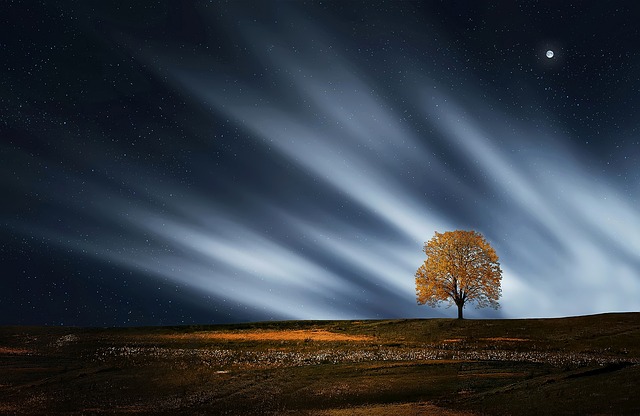
When embarking on a primitive camping adventure, selecting the perfect wilderness is half the fun. Look for secluded spots away from crowds and development. Ideal sites offer natural features like riverside locations, forest clearings, or scenic overlooks that enhance the rustic experience. Topography plays a role too; consider rolling hills, gentle slopes, or areas with diverse flora and fauna to immerse yourself fully in nature.
Remember that primitive camping means minimal amenities, so choose a site where basic necessities are readily available. Asses accessibility for water sources and firewood collection areas. While some may seek complete seclusion, others might prefer proximity to hiking trails or scenic viewpoints to make the most of their outdoor escapade.
Building Shelter: From Tents to Natural Abodes
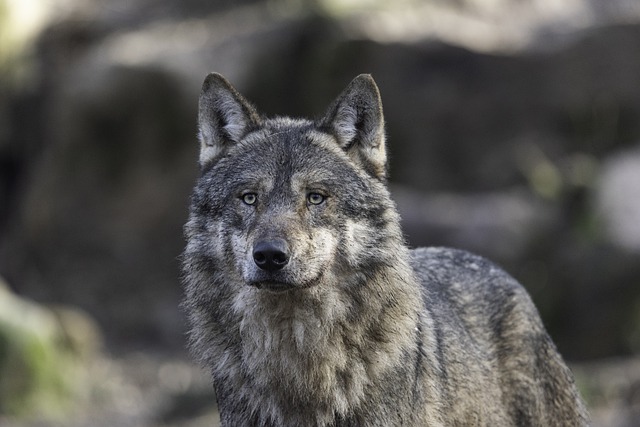
Primitive camping offers a unique connection with nature, and one of its defining aspects is building shelter. While modern campers often rely on lightweight tents, those embracing a more rustic experience might opt for alternative natural abodes. Instead of a conventional tent, consider pitching a tarp or using branches and leaves to create a temporary structure, offering a true back-to-nature feel.
For a truly immersive primitive camping trip, some enthusiasts choose to live in tree houses, rock shelters, or even cave dwellings. These natural shelters not only provide protection from the elements but also foster a deeper appreciation for the outdoors. By utilizing local materials and embracing simplicity, campers can create a comfortable and secure space while still enjoying all the joys of being in the wilderness.
Foraging for Food: Cooking Over an Open Fire
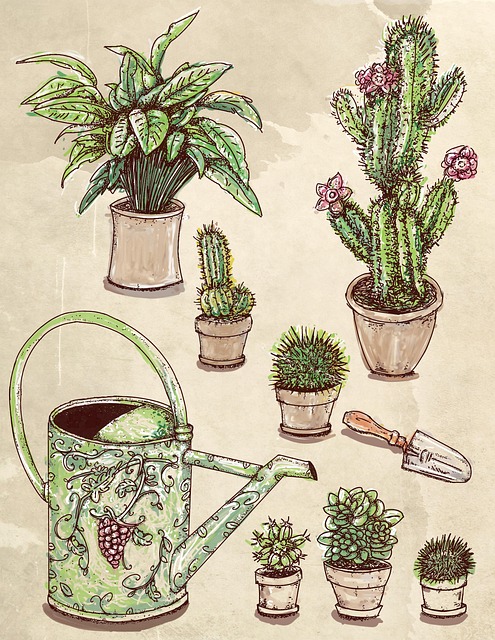
Primitive camping offers a unique opportunity to reconnect with nature and master ancestral skills, such as foraging for food. In the wild, sustenance is found in unexpected places—from foraged plants and berries to hunting and fishing. Learning to identify edible wildflowers, mushrooms, and fruits can provide a nutritious and exciting culinary adventure. The open fire, a staple of primitive camping, becomes the centerpiece for cooking. Roasting marshmallows or grilling wild game over an open flame creates a sense of communal connection and adds a rustic element to mealtimes.
Mastering open-fire cooking techniques ensures a delicious and memorable dining experience. Simple methods like direct heat cooking or using a traditional dutch oven can turn wild ingredients into culinary delights. This hands-on approach to food preparation not only enhances your primitive camping skills but also fosters a deeper appreciation for the natural world and its offerings.
Immerse in Nature: Tips for a Mindful Experience
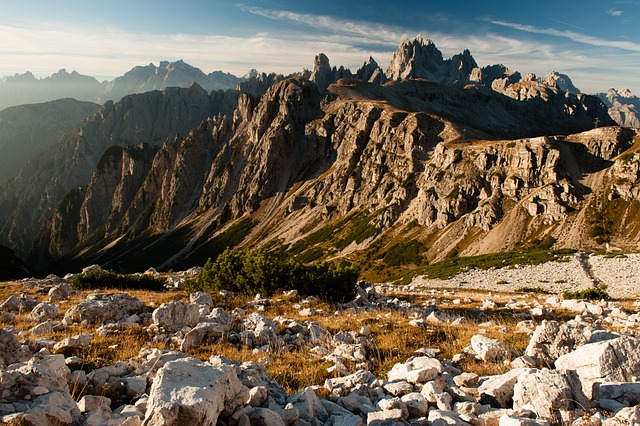
To fully embrace the rustic experience of primitive camping, immerse yourself in nature. Leave behind the distractions of modern life and allow your senses to engage with the natural world around you. One effective tip is to practice mindfulness—be present in the moment, observing the sights, sounds, and smells of the environment without judgment. Take a moment each day to sit quietly and listen to the birds chirping, leaves rustling, or a nearby stream babbling—these sounds can help you disconnect from everyday worries.
Additionally, engage your senses through touch and smell. Feel the rough texture of bark or the warmth of sunlight on your skin. Smell the fresh air, pine needles, or wildflowers. These sensory experiences can heighten your connection to nature, making your primitive camping trip a truly mindful and rejuvenating adventure. Remember that true immersion requires leaving behind electronic devices, so enjoy the chance to reconnect with yourself and the natural world without interruptions.
